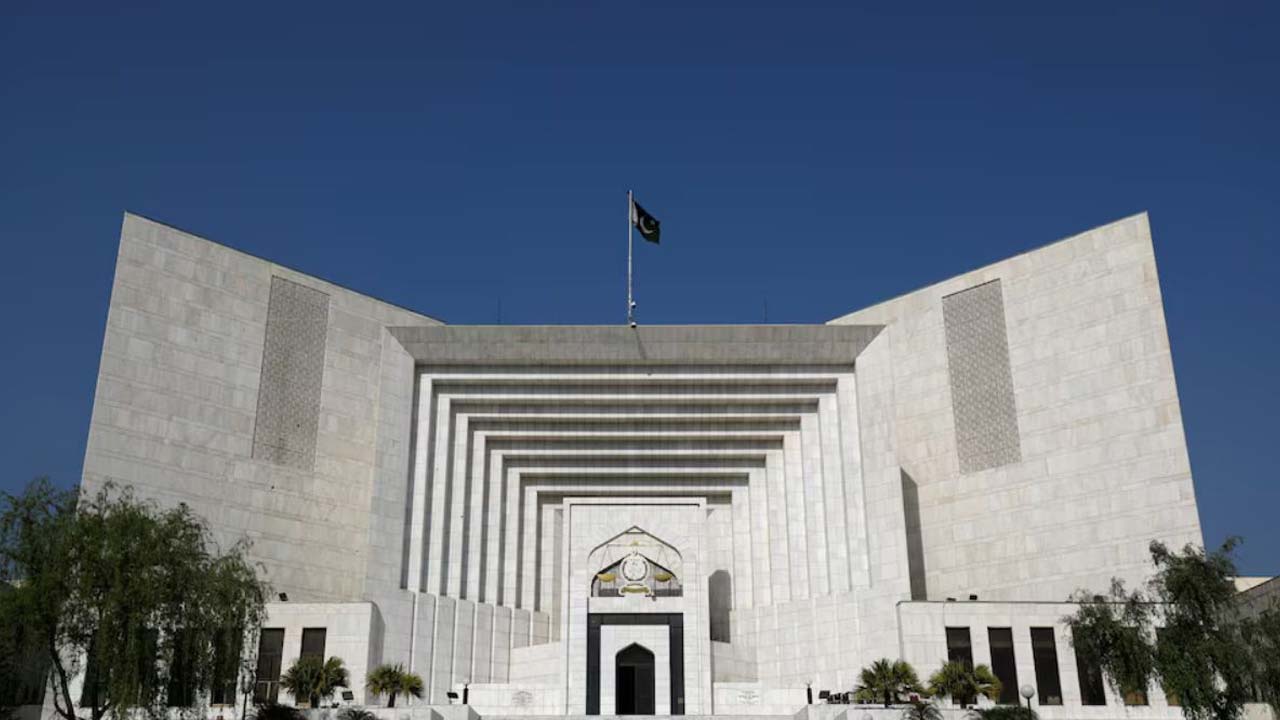
Islamabad, Pakistan: On Monday, Pakistan's parliament convened an extraordinary session that began on Sunday, a public holiday, and continued throughout the night until just before dawn. During this session, constitutional amendments were approved, allowing parliament to select the chief justice of the Supreme Court. This decision has drawn criticism from opposition parties, who claim it undermines judicial independence.
The Supreme Court has become a contentious arena amid ongoing tensions between the government and imprisoned former Prime Minister Imran Khan. The court has been tasked with ruling on various critical issues, including a contentious national election and the possibility of a military trial for Khan and his allies.
The amendments were ratified during the marathon parliamentary session. The amendment bill specifies that the Chief Justice of Pakistan will be chosen by a Special Parliamentary Committee from the three most senior judges of the Supreme Court. This marks a significant shift from the previous practice where the second-most senior judge automatically assumed the chief justice role upon the retirement of the top judge at the age of 65.
Prime Minister Shehbaz Sharif expressed that the approval signifies the supremacy of parliament, noting that his ruling coalition secured the necessary two-thirds majority for the 26th constitutional amendment since the constitution's establishment in 1973.
Politicians in Pakistan have long voiced concerns about judicial overreach into governance, which has exacerbated tensions between the legislative and judicial branches. Sharif defended the recent amendments, arguing that previous court rulings had led to the dismissal of sitting prime ministers, supported military dictatorships, and weakened democracy and parliamentary authority.
The current Chief Justice, Qazi Faez Isa, is set to retire this Friday. Analysts suggest there has been concern within government circles regarding the leniency shown by senior judges below Isa toward Khan in various cases.
Imran Khan, the former cricket star, has been incarcerated for over a year. His ousting from power in 2022 and subsequent conflicts with the military have precipitated significant political upheaval in Pakistan.
Gohar Ali Khan, chairman of Khan's Pakistan Tehreek-e-Insaf (PTI), condemned the amendments, declaring that it represents a dark day in Pakistan's constitutional history and poses a threat to judicial independence.





















